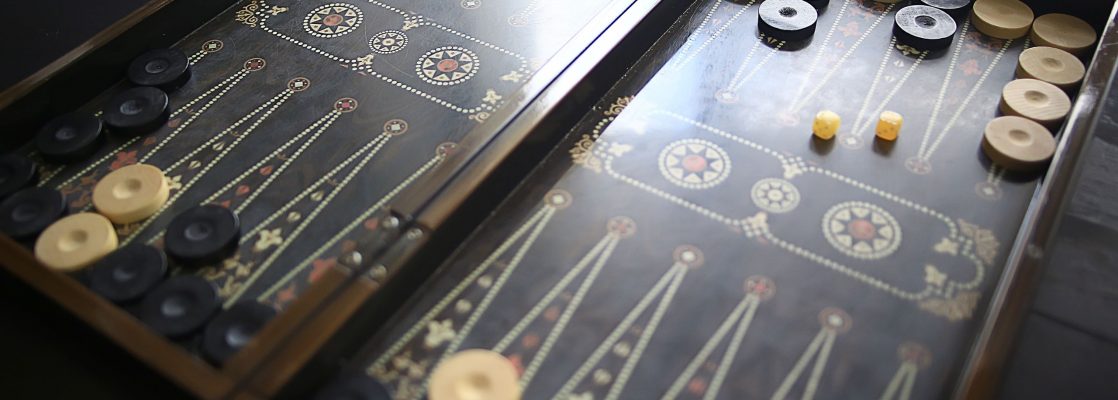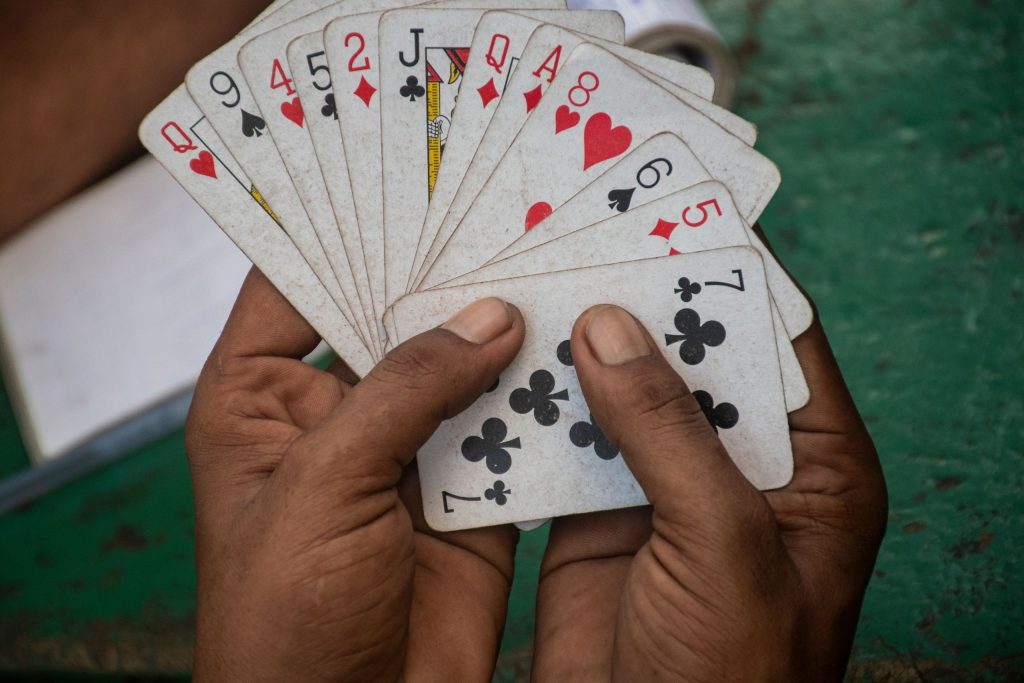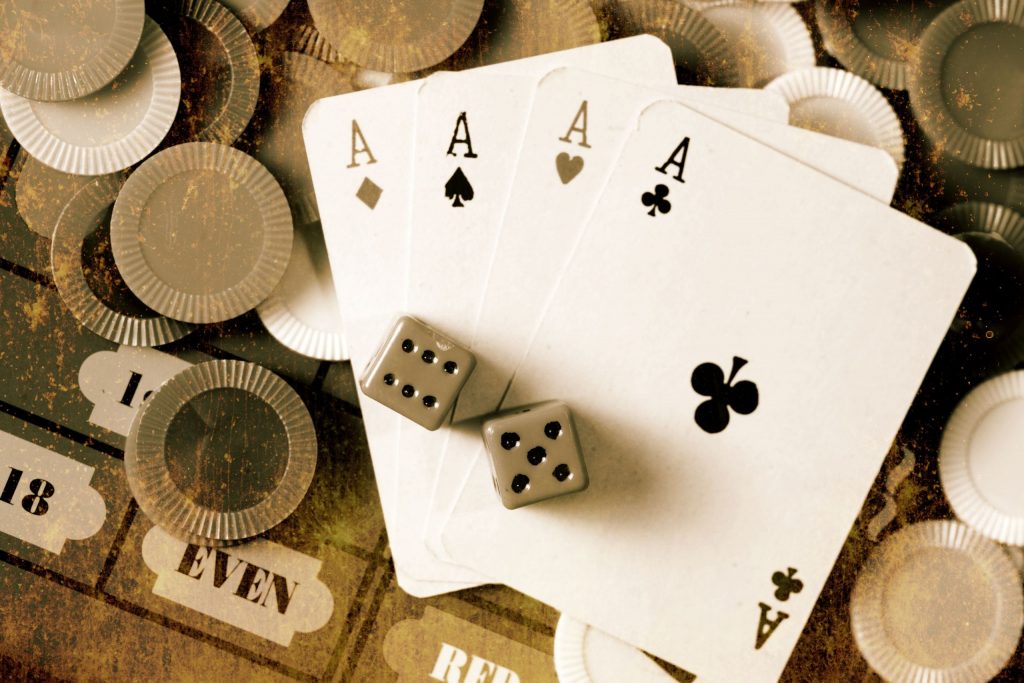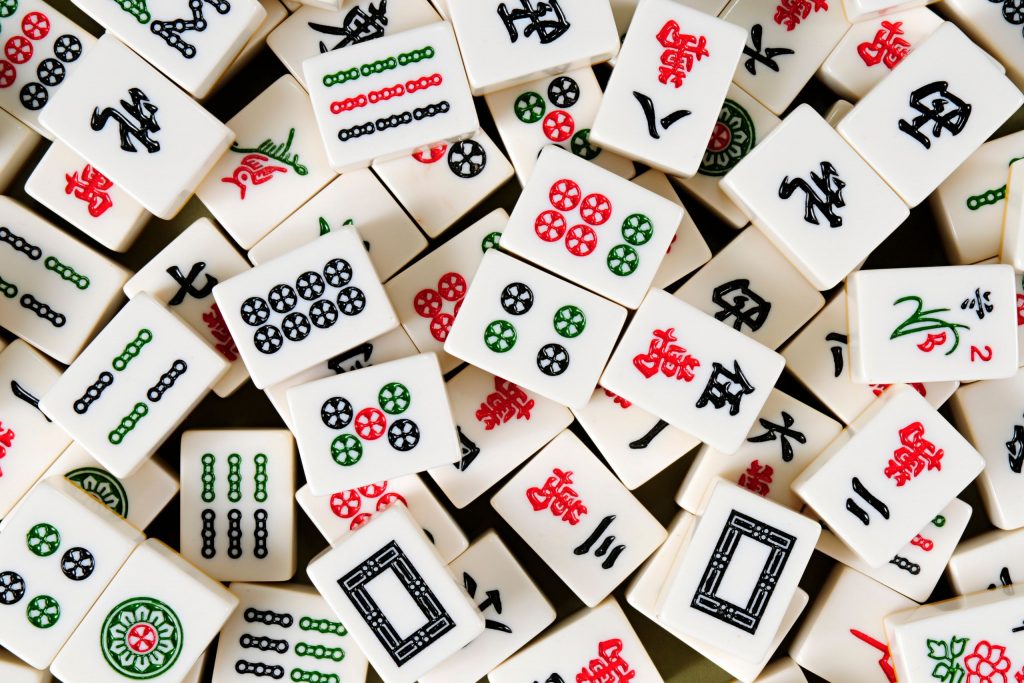
Long appealing everywhere, gambling crosses cultural borders and fits many social settings. Its origins are in prehistoric societies where social events and rituals often entwine games of chance. Reflecting the human obsession with risk and profit, archeological evidence points to gaming events—including dice games and betting on outcomes—being common in cultures like the Chinese, Egyptians, and Romans. From indigenous games to state-sponsored lotteries, gambling activities have changed throughout millennia absorbing local customs and traditions. Though the core reasons—entertainment, social contact, and the appeal of financial gain—remain constant even now, contemporary gaming consists of a great range of formats, including internet platforms and sophisticated casinos. Particularly among internal migrants who could look at these events as both leisure and a potential escape from financial hardships, gambling nevertheless plays a significant role in social life in countries like Myanmar in Southeast Asia. Modern society’s gambling-related issues can be solved only if one is aware of these historical and cultural facets.
Historical Roots: Gambling’s Ancient Beginnings Across Civilizations
Originating throughout hundreds of years in many different civilizations, gaming is For instance, some of the early kinds of gambling thought to have originated in ancient China around 2000 BC. Originally creating games with dice and bamboo sticks, the Chinese created ever intricate games like Keno and the lottery. Often connected to social events and festivals, these games reflected a community side of gaming still present today.
Gambling was a common past time too in ancient Greece and Rome. The Olympic diversions were among the many diversions the Greeks delighted in incorporating dice and wagering on athletic events. The Romans enhanced it by adding gladiatorial contest betting and board games into their daily routines, therefore embracing gambling. Gaming evolved to suit changing cultural norms and technology as civilizations grew. From traditional card games to electronic gaming machines, every influenced by the history and values of the civilizations in which they arose, we today discover a broad spectrum of gaming forms.

Gambling in the East: Cultural Significance and Practices
Many Eastern countries see gambling as a social gathering bringing people together rather than just a source of revenue. More than just entertainment, games like Mahjong, driven in their strategic play, and Pachinko—a unique mix of gambling and arcade fun—allow friends and families to assemble for social events. Mahjong is particularly popular during vacations as it promotes commerce and friendly competition. Likewise, Pachinko parlors are colorful sections of Japan full with the sounds of balls bouncing and people applauding, thereby producing a dynamic surrounds that is as about the experience as it is about winning.
For many Eastern nations, gambling too is a major contributor to their national economy. For cities like Macau, for example, gaming is a significant economic engine drawing millions of visitors annually. The flood of tourists generates employment and boosts nearby companies, therefore illustrating how gaming may be entwined with economic development. Jai Alai, a fast-paced sport with Basque roots but growing popularity in areas of Asia, adds even another aspect. It provides the excitement of watching live sports coupled with the adrenaline of betting on athletic skill. Although gaming may lead to problems, in many Eastern cultures gambling is seen as a normal past time with social and financial goals.
Gambling in the West: The Evolution of Casinos and Sports Betting
Western civilizations have lengthy history of gambling; its origins go back to prehistoric societies. Starting in the 17th century, European casinos evolved under the direction of buildings such as the Casino di Venezia. Combining games of chance with social events, these locations drew those seeking amusement. Gaming changed throughout ages, and by the 20th century famous sites like Monte Carlo and Las Vegas had developed and come to represent glitz and high-stakes excitement. Along with trying their luck, many came to these places to savor the active culture and nightlife.
Fast forward to now, and notably in North America, gambling has evolved into a widespread leisure choice. The 2018 Supreme Court ruling in the United States let sports bettors gamble from the convenience of their cellphones, hence opening the floodgates for this activity. This change has made betting as easily available as buying a pizza, which has sparked a lot of interest. Nowadays, many sports leagues welcome gambling even working with betting firms to improve the watching experience. Consequently, going to a game or watching it from home has become a chance for supporters to interact with their preferred sports in a whole new manner, so gambling becomes a regular part of the thrill.

Unique Gambling Practices: Regional Games and Festivals Around the World
Customary gambling practices differ greatly worldwide, mostly shaped by regional conventions and cultures. Consider the Carnival Brazil is hosting. This energetic celebration is about joyous gambling as much as parades and samba. Many particularly in parades and samba events participate in betting pools connected to the Carnival events. This communal betting lets individuals participate in friendly competition while honoring their culture, therefore adding even more interest to the events.
Horse racing has long-standing tradition in the United Kingdom particularly around occasions like the Grand National. This event attracts a huge audience and many people appreciate putting bets, regardless of whether they are casual fans wanting to brighten their day at the races or experienced gamblers. The connection between the sports event and gambling creates a social scene when friends and family come to cheer for their favored team while hoping for a win.
Lottery customs are also well ingrained in several different parts of Africa. Many individuals see lotteries as a means of dreaming big and transforming their life overnight; they also often provide money for community initiatives. These gaming activities join in community celebrations and combine enthusiasm and hope with cultural events. Cultural gatherings often make gaming events better by adding fun activities that bring people together to celebrate and foster a sense of community.
The Function of Technology: How New Ideas Are Changing Global Gambling
The business has changed greatly because people are moving from traditional places like casinos and betting shops to online and mobile games. People may now gamble or engage in their preferred games from the comfort of their homes or on the road thanks to the advent of cellphones and the internet. This simplicity has drawn more people, notably younger generations who would rather have games easily accessible via smartphones. Moreover, online sites usually provide a wider selection of games and betting options, which aids in the search for something suitable for taste by enthusiasts.
Culturally, digital gaming is altering many spheres of interaction between people and game. At places like Macau and Las Vegas, traditional casino culture is evolving to incorporate online elements, thereby fusing in-person with digital encounters. Although historically gaming has been more restricted in countries like Myanmar, where they are generating new leisure opportunities, online platforms pose concerns around excessive gambling even in these countries. As gaming becomes a regular part of life—especially among young people—this change might influence social behavior and opinions about gambling. All things considered, digital gaming is altering not only personal playing style but also global society ideas and actions around gambling.

Conclusion
Globally, gaming is always changing and combining current technology with old conventions to provide its consumers fresh possibilities and feelings. The emergence of legal sports betting sites has changed travel planning and drawn visitors to sites providing sophisticated betting lounges and combined entertainment choices. Real-time analytics and interactive experiences that improve tourists’ travels have made mobile technology transform their involvement with betting systems. Given the increasing access to gambling, particularly in countries like Myanmar where illegal markets still exist, it becomes vital to provide cultural understanding and the advocacy of responsible gaming high importance. While setting conditions that allow informed decision-making and the protection of vulnerable populations assures that the evolution of gaming benefits society as a whole, stakeholders must be vigilant against the hazards of problem gambling and match-fixing.

Recent Comments